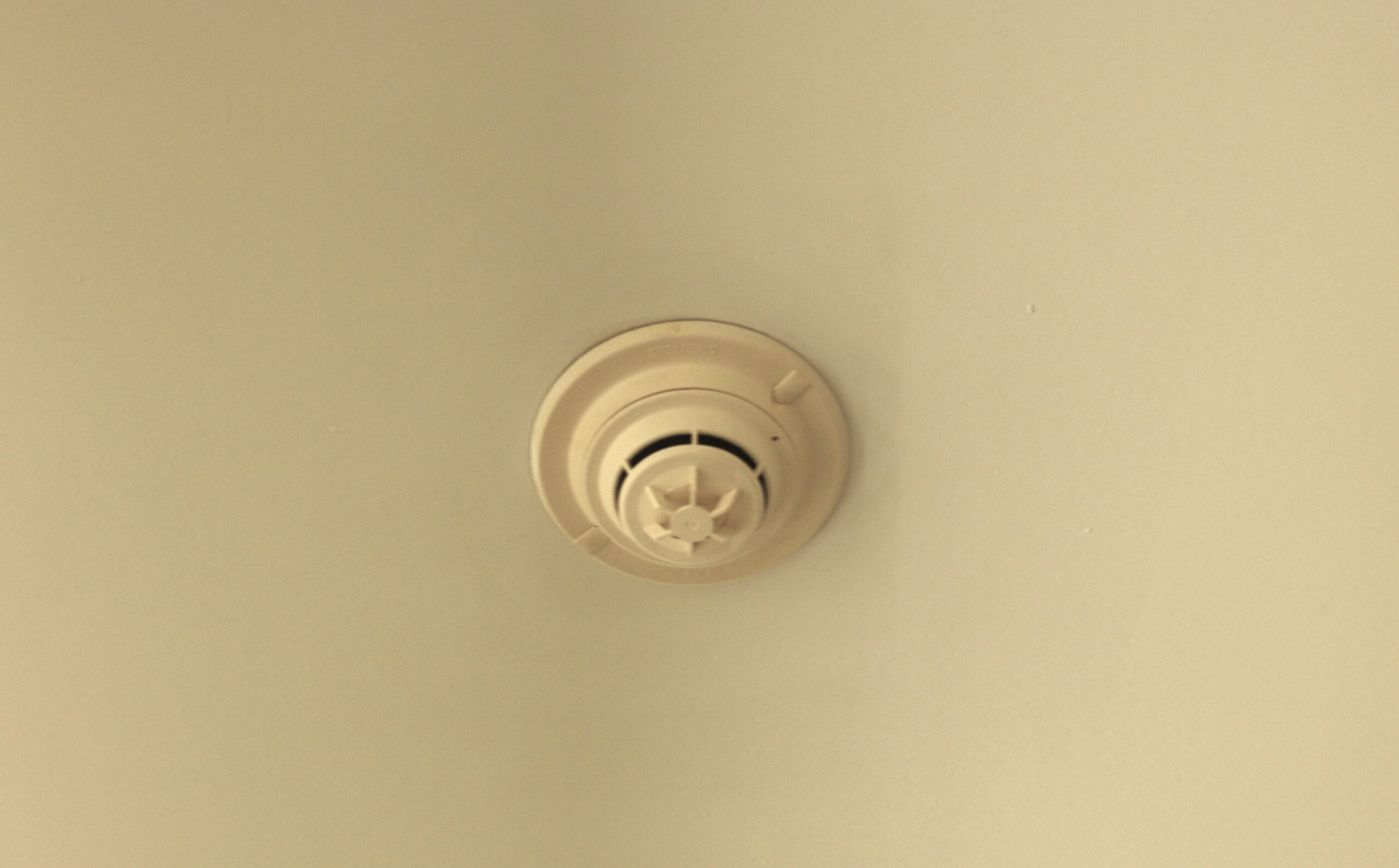Ontario has consistently witnessed a steady rise in several residential fires yearly despite awareness programs and campaigns on smoke alarms and fire escape plans.
In a recent tweet, the Office of Fire Marshal stated that in 2022, there were 133 fire-related deaths in Ontario. There were 72 fire-related deaths in 2019, 115 deaths in 2020 and 124 in 2021.
The most recent incident was in a semi-detached home in the Gerrard Street and Coxwell Avenue area in Toronto on Jan. 18 which killed one person.
No other injury was reported although six other people lived in the house.
Toronto Fire Chief Matthew Pegg said the initial investigation revealed a lack of working smoke alarms in the house.
Ontario’s Deputy Fire Marshal Nancy Macdonald-Duncan said at a news conference, “The majority of fatal fires we investigated between 2012 and 2021 had no working smoke alarms or no evidence of any smoke alarms.”
According to a Statistics Canada report, in 2021, there was a rise in residential fire-related casualties attributed to the absence of smoke alarms, reaching 1,071, compared to 895 in 2017. The death toll also increased to 17 in 2021 from 8 in 2017.
Ontario law mandates every resident to have working smoke alarms on the ceiling or high up on a wall which makes it easier to detect rising smoke.
Sean Driscoll, public relations officer at the Office of the Fire Marshal (OFM) tells Humber News that the law requiring every home in Ontario to have working smoke alarms was enacted in 2006.
He said despite the the law, “we continue to see these devastating fires with most fatal fires occurring in homes that do not have working smoke alarms.
“Failure to comply with the Fire Code smoke alarm requirements could result in a ticket for $360 or a fine of up to $50,000 for individuals or $100,000 for corporations,” Driscoll said.
Even with the regulations, residents still remove or temporarily disable fire alarms.
A 2008 Ipsos Reid poll for the Canadian Association of Fire Chiefs and Kidde Canada found 55 per cent of Canadians who currently own and reside in a house admitted to temporarily removing the batteries from a smoke alarm or taking it off the ceiling to silence a false alarm caused by cooking or steam.
Among the respondents, 51 per cent acknowledged forgetting to reinsert the batteries or reattach the alarm, with 40 per cent indicating a short period and 11 per cent said for a long time.
Don Lawson, professor and coordinator of the Fire Services Diploma Program at Humber College, said smoke kills more people than fires.
“If smoke alarms are not functioning due to neglect or purposeful disabling of the alarms, people will not get the warning which is so vital to escaping a fire,” he said.
Lawson said people are also at fault.
“Sometimes people remove the battery from an alarm due to constant ‘nuisance alarms’ (cooking vapours or steam),” he said. “Sometimes people remove the batteries to use in another device and forget to replace them. Sometimes alarms are neglected.”
To address the rising fire fatalities in 2023, Ontario Fire Marshal Jon Pegg declared Sept. 28 as the province’s inaugural Test Your Smoke Alarm Day.
Nitika Mishra, a radio presenter and newsreader at Y Media, said that lack of awareness is a major cause for being lax towards smoke detectors.
“Cooking sometimes causes the fire alarm to go off unintentionally,” she said. “Sometimes people even tend to smoke indoors and to avoid smoke detectors to go off, they disable it.”
The Ontario government in its fire safety tips has said that since most fatal fires occur at night time when the residents are sleeping, a working smoke alarm is important because it allows the time needed to escape the fire.
“A non-functioning smoke alarm is the same as having no smoke alarm,” Lawson said. “Check the expiry date on smoke alarms. Most are due to be replaced after 10 years. Spend the $30 to get a new one. It is worth so much more than that.”

